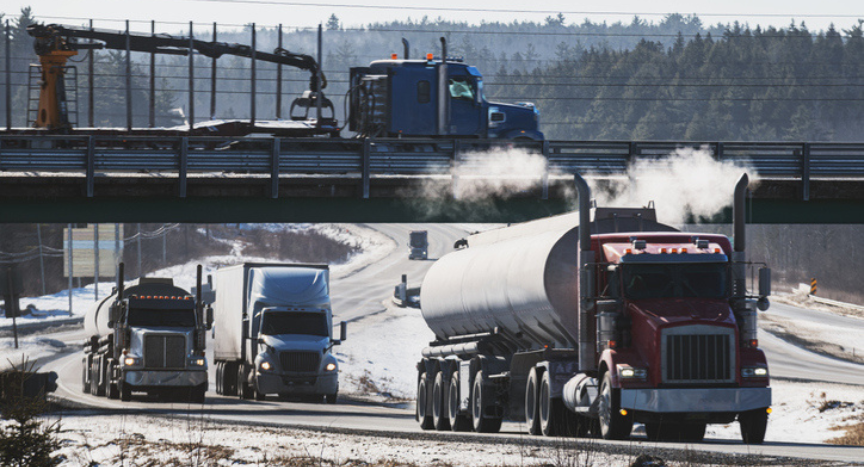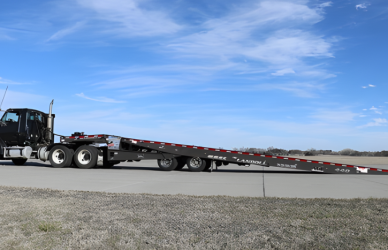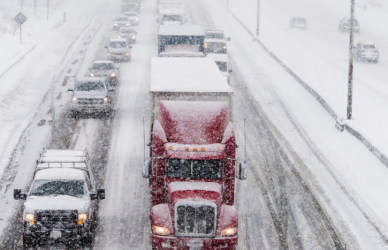The Federal Motor Carrier Safety Administration (FMCSA) has announced a regional emergency covering the 48 contiguous United States and Washington, D.C. This emergency declaration, prompted by severe winter weather conditions, remains in effect until January 31.
The declaration applies to motor carriers and drivers actively supporting emergency operations in response to harsh storms, frigid temperatures, and overwhelming demand for heating fuels. Several states have already initiated their own emergency orders ahead of this federal action.
Addressing the Heating Fuel Crisis
The FMCSA highlighted that the severe storms and extreme cold have strained the distribution of vital heating fuels, including propane, natural gas, and heating oil. This situation poses a direct threat to public health, safety, and overall welfare. The declaration is aimed at facilitating the swift transportation of heating fuels to affected areas.
Drivers operating under this emergency order are temporarily exempt from the maximum driving time limits typically imposed on property-carrying vehicles.
Definition of “Direct Assistance”
The FMCSA specifies that “direct assistance” encompasses the transportation and other services provided by motor carriers and drivers directly related to restoring essential supplies or services during the emergency. However, it excludes transportation for activities related to the long-term rebuilding of damaged infrastructure or routine commercial deliveries, even if they include small amounts of emergency relief supplies.
Termination of Direct Assistance
Direct assistance ends when a driver or commercial vehicle transitions to non-emergency-related activities. For instance, operations no longer compliant with the emergency declaration—such as routine interstate transportation or assignments unrelated to the ongoing emergency relief efforts—mark the conclusion of direct assistance.
The FMCSA’s proactive response seeks to mitigate risks and streamline resource delivery during this winter crisis, underscoring the urgent need to prioritize public health and safety.
Source: Truckers News











